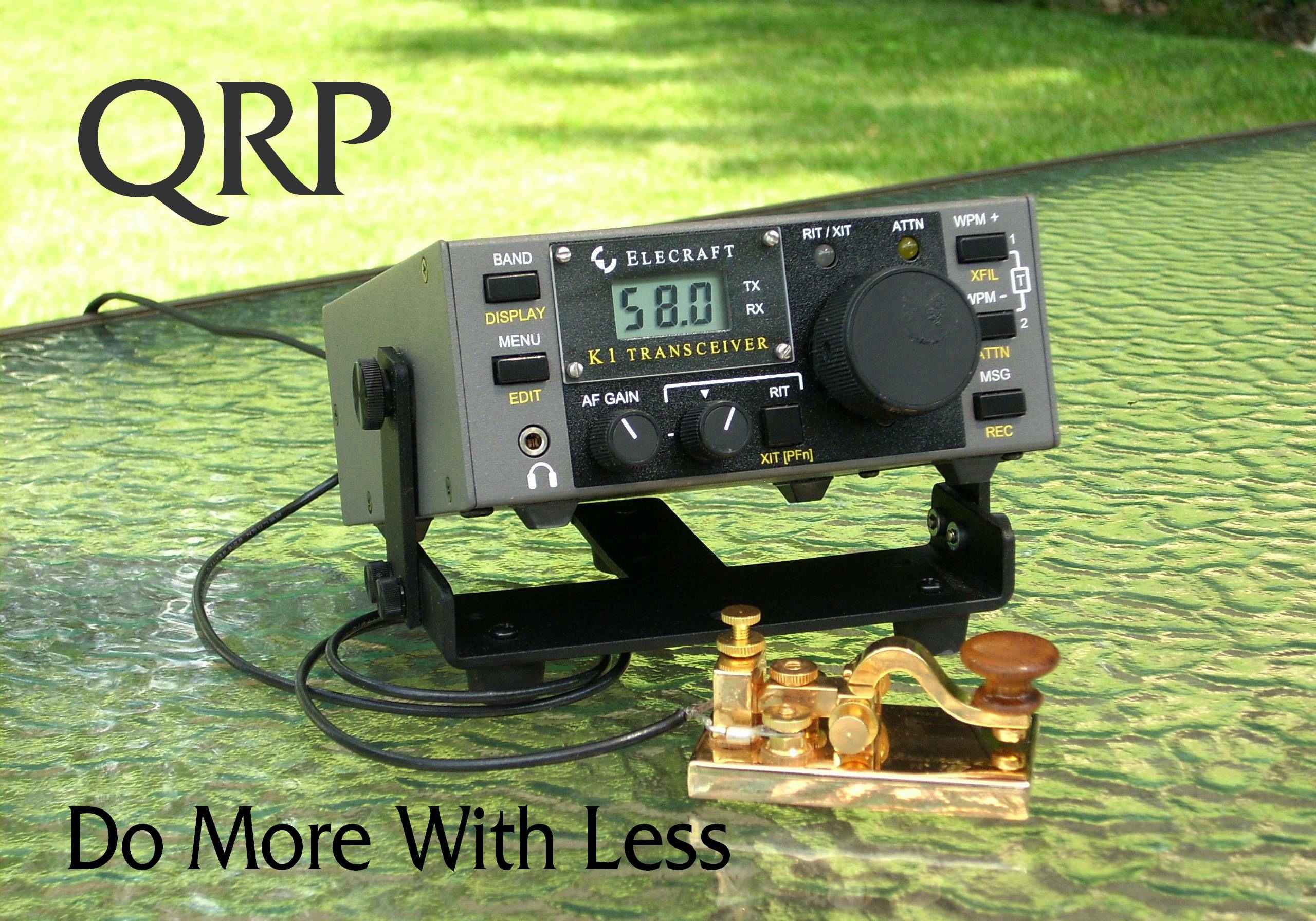By: Chris Warren.
Early Sunday morning I was looking for a few moments of mindless diversion browsing some internet forums and I came across a curious post by someone asking about texting etiquette. What followed was a long involved discussion about what is considered polite and what isn’t. I honestly never thought much about this, and from what I can tell, some people are thinking too much about texting etiquette.
It’s lost on me why texting is different than other forms of electronic communication and needs its own set of special rules. I understand some rules are a matter of practicality, but texting? Really? Here are “Chris’ Texting Etiquette Rules.” They are easy, simple, and to the point:
If you are texting with someone you are close to and know very well, then go with whatever is comfortable for the relationship. The rules are what you make them.
If you are texting with someone you do not know well, or it is a professional relationship, keep things short and businesslike. The use of emoticons and obscure abbreviations are not necessarily outlawed, but be careful they don’t make you look like a dork or overly personal.
Do not feel bad about texting people at weird hours unless they explicitly request otherwise . It’s on them to mute their phone if they don’t want to be interrupted. If you text someone in the middle of the night or at any other time when they may be predisposed (working hours, driving a car, holidays etc.), do not expect a quick repose.
One texting etiquette rule that popped up a lot was “never call in response to a text”. The huge problem I have with this is that texting has a limited capacity. I’ve often found myself in situations where a conversation starts as simple exchange and evolves into a convoluted back and forth. At some point, texting becomes too cumbersome and it’s way easier just to call.
Many if not most of the suggestions about texting etiquette I found on the internet are related to relationships and dating. If this pertains to you, my Number One rule is “when in doubt, leave it out.” This means if you even slightly question the propriety of what you are texting, then don’t text it.
For the ladies: Guys like texting because it is (usually) short, to the point, and emotionally detached. Don’t get all bent out of shape if your guy’s texts are not overflowing with little heart emoticons and kissy faces. To us, it’s communication, not a Valentine’s Day card. Therefore, if you text your guy and ask him what he wants on his pizza, and the the only response you get is…what he wants on his pizza, that’s not a red flag nor reason to elevate it into some big relationship drama. It reeks of being desperate and needy and it’s a huge buzzkill. If you’re at a point where you’re reading that much into his text messages, then the relationship has problems much deeper than your guy’s text etiquette.
For the guys: If your lady is a habitual abuser of long, emotional texts, it may be because you do not have enough face to face talks and/or you are not responsive in person. When these texts annoy you, or you feel awkward getting involved with in-depth discussions on text, get off your ass and call her, or better yet, go see her in person…you know, like a mature adult. Being stoic and detached may look cool in the movies, but in real life it seldom gets you anywhere with the womenfolk. Don’t hide behind texting as an excuse to be a distant jerk. If you’re at a point where the only way she can get you to say anything is on text, then the relationship has problems much deeper than your lady’s text etiquette.
Text etiquette is convention that is way more complex than it needs to be. Before getting all wrapped up in rules, try applying the Golden Rule. And by the way, the Golden Rule works for stuff other than texting too. The complex world of technology does not negate basic courtesy, no matter what the internet experts say.



